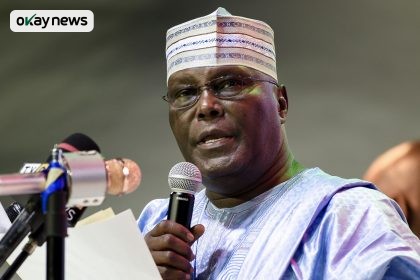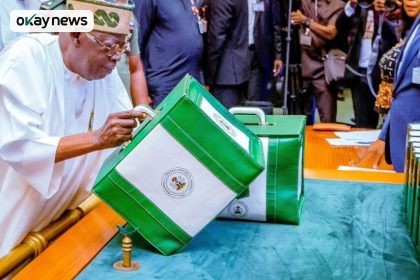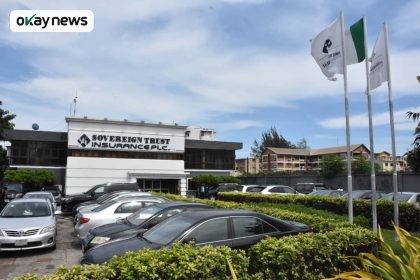The Nigerian Naira recorded a notable gain of N33.50 against the United States dollar in the official foreign exchange market in October, supported by rising external reserves, which climbed to $43.17bn during the month. The appreciation marks sustained currency stability in Africa’s largest economy.
Data released by the Central Bank of Nigeria (CBN), the country’s apex financial institution, showed that the naira ended the month at a record high of N1,421.73 per dollar on Friday. This marked its fourth consecutive all-time strong level since the introduction of the Nigerian Foreign Exchange Market under the Electronic Foreign Exchange Management System, representing a month-on-month appreciation of 2.4 per cent compared to the N1,455.23 quoted at the beginning of the month.
On a daily trading basis, the naira appreciated by N15.24 or 1.07 per cent from N1,436.97 quoted on Thursday, showing sustained demand moderation and improved liquidity in the foreign exchange market. Over the course of the week, the currency gained 2.18 per cent or N31.06, strengthening from N1,452.79 per dollar on Monday to N1,421.73 on Friday.
In the parallel market, also known as the black market, the naira closed the month at N1,455 per dollar, maintaining the same level recorded at the start of October. However, within the month, the local currency showed intra-week strength, appreciating by N30 or 2.06 per cent from N1,485 quoted on Monday, the first trading day of the week.
Nigeria’s external reserves rose to $43.17bn as of October 30, 2025, marking a 1.8 per cent increase month-on-month from $42.40bn at the beginning of October, according to CBN data. The reserves represent foreign currency assets held by the central bank to support the naira and meet international payment obligations.
Analysts at United Capital Research, a Lagos-based investment firm, in their fourth-quarter economic outlook, projected that reserves will continue to rise steadily, driven by higher oil export earnings, increased diaspora remittances, and a favourable trade surplus. Nigeria remains Africa’s largest oil producer and depends significantly on crude oil exports for foreign exchange earnings.
United Capital noted that as of September 30, 2025, Nigeria’s external reserves stood at $42.53bn, the highest in over 44 months, supported by consistent capital inflows, a trade surplus, and diaspora remittances. The firm attributed the sustained buildup to improving macroeconomic stability and noted that the reserves now cover more than eight months of imports, a development expected to have a positive short-term impact on the naira’s value.
The report highlighted that the continued appreciation of the naira is being supported by increased dollar supply and narrowing gaps between the official and parallel markets. The premium between both markets has shrunk to less than one per cent, compared to about seven per cent in January 2025, indicating improved confidence in Nigeria’s foreign exchange management framework.
United Capital also observed that more investors are shifting from dollar-denominated assets to naira investments, underscoring growing confidence in Nigeria’s short-term economic prospects. The development reflects increased optimism about Nigeria’s economic direction under President Bola Tinubu’s administration.
The CBN’s latest Quarterly Statistical Bulletin revealed that total foreign exchange utilisation across the economy increased by 19 per cent quarter-on-quarter to $9.3bn in the first quarter of 2025, representing a 39 per cent year-on-year growth. The rise was largely driven by a surge in invisible transactions, such as services and transfers, which grew by 54 per cent quarter-on-quarter to $4.5bn.
Analysts at FBNQuest, the research arm of FBN Holdings, added that the availability of ample liquidity and attractive yields in the domestic market has supported robust investor participation in government securities auctions. This has further strengthened market stability and investor confidence in the naira.







